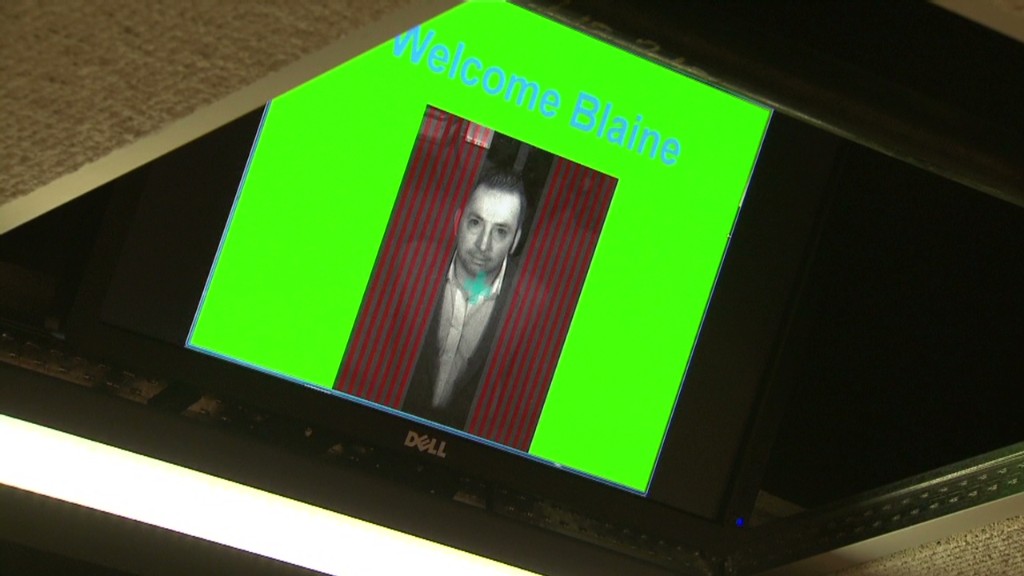
It's been debated since at least the days of the Luddites: Does technology create or destroy jobs?
Most economists say it's a bit of both -- jobs in some sectors die out, while jobs in other sectors are created. Yet four years into an economic recovery, and millions of people are still out of work, leading many to ask if jobs are being replaced by machines.
But Google (GOOG) Chairman Eric Schmidt is taking the optimist's route.
"New jobs are not created by small businesses but by new businesses, many of which have a technological component," Schmidt told economists gathered at the National Association of Business Economics conference. "Technology will create opportunities for new types of jobs tomorrow."
Just what kind of jobs?
Healthcare, transportation, education, and creative industries like movies and music are all sectors that stand to benefit from rapid advances in technology and data analysis, he said.
Related: New innovators face backlash
Take transportation. While city streets may be gridlocked, there's plenty of space in the air. This presents opportunities for a big change in personal transport -- he mentioned miniature electric helicopters.
In healthcare, analytic tools can be implemented into smart phones, alerting doctors to health problems.
But while technology will do the heavy lifting in terms of numbers analysis, it will still need a human component making the decisions.
"The computer needs someone to talk to," said Schmidt, who was Google's CEO from 2001 to 2011. "Pilots will still fly planes, the elderly will still need caregivers," he said.
In the music and entertainment industries, he likened the crowd-funding site Kickstarter to the National Endowment for the Arts -- funding creative endeavors on a grand scale.
In fact, since the digital revolution, he said the arts and entertainment industries have grown by 50%.
"It's working, and the growth has been phenomenal," he said.
So what's needed to bring more of this growth? Better government policies, for starters.

"The immigration policy of the United States is the single stupidest policy on a long list," he said.
Many tech companies bemoan the country's current immigration rules, which they say are too stringent to let in the scientists and other highly skilled workers that the industry needs.
On the education front, Schmidt said data analytics will better match students with their strengths.
"We'll be able to figure out what you're uniquely good at, and companies will start hiring based on those profiles," he said.
He did concede that those with low skill sets will have a hard time in a technology-driven world.
"The tail is in trouble," he said. "But give them the tools and the incentives, and anyone can follow this curve up."





